The Author’s Guide to Facebook
One of the most important but misunderstood tools for an author to use is Facebook. Do you set up an account, or a page? What can you do with it once it’s set up? What do you post? If any of these things have kept you from using Facebook to promote your author brand, our resident advertising and marketing expert Ginger has the answers you’ve been looking for to get started. Don’t hold off on using this powerful marketing platform any longer!
Facebook is a powerful tool for authors – here’s how to get started with it.
Love it or hate it, but Facebook is here to stay – and as an author, it’s one of the most powerful tools you have for connecting easily, accessibly and meaningfully with your readers. In fact, as an author, if you don’t have an active Facebook page, you’re missing a trick – and, even if you do, there might be some things about using Facebook you’re not aware of.
In this article we’re going to give a very high-level rundown of how and why to use Facebook – and what some of the things you need to keep in mind about it are.
What’s the point of Facebook?
In the 13 years since Facebook was opened to the public, it’s become ubiquitous. As of 2016, it had nearly 1.9 billion – with a ‘B’ – users, meaning that theoretically this single social network could access almost one third of the entire world’s population.
In truth, its reach isn’t quite that impressive – just ask your unemployed neighbor and he’ll tell you he has six ‘active’ user accounts for playing Farmville – but in terms of the developed world, Facebook has certainly become one of, if not THE most effective way to reach people.
For businesses, this has been an incredible opportunity. As a marketing and social media professional, I’ve worked with a ton of small and local businesses that have bypassed setting up a formal webpage entirely and operate exclusively through Facebook – because in terms of reach, specificity and ease-of-use, it simply can’t be beaten.
As an author, Facebook offers an incredible opportunity. You get to have a presence right where everybody can see you – without having to buy a domain name or build a website – and in terms of advertising and promotion, you can access people in a way that simply isn’t possible through any other digital channel; by slipping yourself directly into their feed of trusted friends, families and acquaintances.
After your Amazon author page itself, I’d argue that your Facebook page and presence is the next most-important part of your marketing and promotional strategy – but there are some guidelines you should follow to get the most out of it.

Account Versus Page
The first and most important thing about using Facebook as an author is how to access it. For years, many authors have used their personal accounts to interact with readers and fans, or – if they write under a pen name – have created an Account for that pen name. However, this is not the way you should approach using Facebook as an author.
Your account – the dashboard you use to ‘friend’ your family and acquaintances – is designed for you to interact as a real person, with real people you actually know. Even if you write under your own name, you shouldn’t ever use your personal account to promote your writing or interact with readers, because you want to keep your personal and professional identities separate.
There are a number of practical reasons to do this, but perhaps the most important one is that you don’t want any crossover from your ‘real’ life and your persona as an author. For example, if you interact with readers via the same account you post pictures of your friends, family and children, you open yourself up to being stalked – and in today’s day and age, that’s a very real possibility.
Likewise, if your uncle posts a pro-Trump meme on your wall, and one of your super-liberal readers starts an argument about it – or the other way around – you can find your brand and identity as an author taking a hit. There’s just too much room for disaster when you blur the lines between your personal and professional identities, and you need to remember that your writing is a business – and just like you wouldn’t operate a bakery, a cleaning service, or an auto detailing shop through your personal Facebook account, you shouldn’t operate your writing business through it either.
Famous authors who write under their own names – the likes of J.K. Rowling and Stephen King – all use Pages to interact with their fans and readers. Pages are different from Accounts because they’re the face of a business, public figure or organization on Facebook – even if that face is the same one as a personal account. Using a Page to promote your writing is how you’re supposed to promote yourself as an author, and the tools it provides you with are infinitely more powerful than what you can achieve with a Facebook account.
Pages are also preferable to creating a personal account for your pen name, which is essentially just a ‘fake’ Facebook account for a fake person, as this comes with all sorts of pitfalls. First and most significantly, Facebook does not allow people to have ‘fake’ accounts for ‘fake’ people, and should they decide to request you verify your identity – as happens when your account is flagged as potentially fraudulent – you might find the author account you’ve spent so much time and effort building gets deleted instantly, and without any recourse.
Aside from that, there are further disadvantages to using an account to promote the work of your pen name. For a start, Facebook limits you to just 5,000 ‘friends’ and once you reach that level, you’re required to move to a Page in any event. Additionally, you don’t have the ability to advertise on Facebook through an account – you need to have a Page and a Business Manager account to use the incredibly powerful advertising platform.
In fact, there are very few arguments for using an account rather than a page, and even those don’t stand up to scrutiny that well.
The first objection is normally an unspoken one – authors who aren’t familiar with digital marketing often use or create a Facebook account to promote their writing because that’s how they’re used to using Facebook, and simply don’t know any better. If that’s the case – this article is for you.
The second objection is generally one of privacy. If you’re the author of steamy romance or erotica, you might not want your parents or friends knowing about it; and there’s a perception of anonymity in using a ‘fake’ Facebook account for your pen name. While that does keep your pen name and real identity ruthlessly separate, it’s an unnecessary step. You will need a personal account to create and operate a Facebook page – but doing so is absolutely anonymous, unless you choose it not to be. If you use your personal, real account to create a page for your steamy romance pen name, there’s no way for any of your readers, fans, friends or family to be able to connect the two, unless you choose specifically to send invitations to those people. This is the case whether you’re got a single page for your author pen name, or you’re running a global brand on Facebook like Coca Cola. In fact, Coca Cola has dozens of real people using their personal accounts to access that page; but you’ll never be able to find any of them listed. Using an account to protect your anonymity on Facebook is pointless – and because that ‘fake’ account runs the risk of being deleted at any moment, it’s also not a very reliable strategy.
Perhaps the only legitimate reason to use a Facebook account for your pen name is in using it to interact with the pages of other authors and businesses as your ‘writer’ persona, or using them to access groups. Currently, there’s no way to use your page identity to interact on another businesses’ page or a group on Facebook; so even I’ll admit that I have a Facebook account for my romance pen name specifically and only for this purpose (but what would this article be without a little hypocrisy on my part?)
But in terms of promoting my books, interacting with my readers, or doing anything else for my writing business – my page is the way to go; and it should be for you, too. This isn’t even a debate any more – create a page for your author identity – either your real name, or that of your pen name – and use that and only that to drive your book marketing.
Creating a Page
Creating a Facebook page is extremely simple. You’ll need to start off with your own, personal Facebook account, and simply click on the Pages tab on the left sidebar, and then Create Page on the top right of the page that follows.
The actual mechanics of creating a page are then fairly self-explanatory – and it’s up to you how you fill them in. For me, writing under a pen name, it was important to keep my real identity and my personal identity seperate – so I didn’t include my phone number or address, as some businesses do, and I didn’t add myself to the ‘Teams’ section, which is where you can display which real-life people are part of a page’s management team.
What I did include was my email address, a link to my Amazon Author Page, and a brief bit of information about my author identity and what I write.
The first and most obvious thing I then added to Facebook was my Profile Picture and Cover Picture.
Cover and Profile Pictures
Your Profile Picture is just like the profile picture of your personal account. This is a square image, 170 x 170 pixels in size, that appears in the upper left of the Page and also features in all comments and interactions you create on your page – in a much reduced 36 x 36 pixel size.
Two tips for uploading an image to your Profile Picture:
First, Facebook is currently adding a circular frame to your picture, so make sure whatever you upload fits that style.
Secondly, it’s often quicker and easier for loading and speed to upload a .PNG file rather than the normal .JPG picture file. Whatever graphics software you use should make it easy to save your image in this format, or there are a variety of places you can use to convert it for free online.
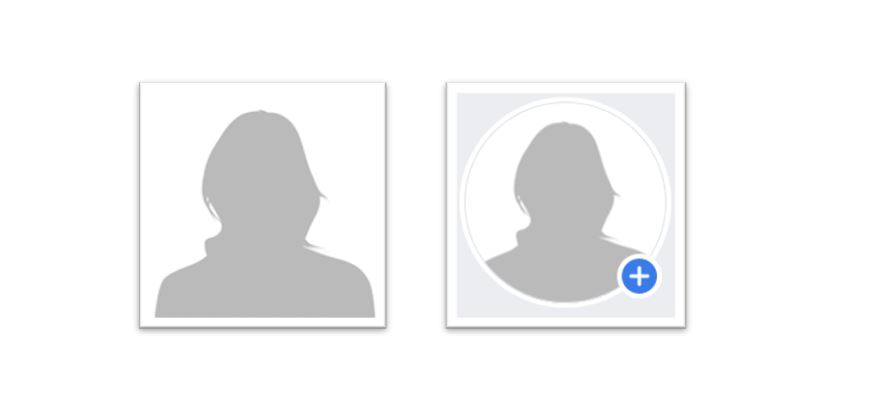
Your Cover Photo is the picture that stretches all the way across the top of your page, like a banner. The optimal size for this image is 851 pixels wide and 315 pixels tall, which makes it easy to shrink it down or blow it out depending on whether somebody’s visiting your page on mobile or computer. Facebook require that this cover image features something that represents your page – like “a popular menu item, album artwork or a picture of people using your product.” It’s up to you what you pick, but I created 3D images of my book covers and lined them up as my cover image.
![]() You can also use a video as your cover image. It has to be 820 x 462 pixels in size, and between 20 and 90 seconds in length. If you’ve got the know how to create one of these, it can be an incredibly dramatic way to make your page pop.
You can also use a video as your cover image. It has to be 820 x 462 pixels in size, and between 20 and 90 seconds in length. If you’ve got the know how to create one of these, it can be an incredibly dramatic way to make your page pop.
What can you do with your page?
Call To Action
Underneath your Cover Photo, just to the right, you have the option of including a Button. A button is a one-click call to action that you can use to make it easy for visitors to send you a message, or go straight to your author page on Amazon, or a specific book.
I have mine set to ‘Send Message’ but a very popular tactic some authors use is to create a new Cover Photo whenever they have a new book out, and then edit the button to drive straight to that book on Amazon. It’s entirely up to you what you want to do with this space – just do something with it.
Advertising
One of the most powerful and useful reasons to have a page for your author identity, rather than an account, is the ability to use Facebook’s powerful advertising platform. This is a very complex issue to dive into, but one of the first things you’ll need to know is that because of recent changes, Facebook now requires you to have a Business Account – linked to your personal, real life Facebook account – which you then connect to your Facebook Page.
If you’re just dipping your toe into Facebook, one of the easiest ways to use advertising is to click on the big, blue button on any post you make and ‘Boost’ it. Boosting a post basically amplifies it to a larger audience… for a price.
In fact, everything advertising-related on Facebook has a price-tag attached to it. In recent years, Facebook has even made it so that a maximum of 15% of your page’s ‘fans’ will be able to organically see any content you post – meaning you actually have to pay to reach the people who have already clicked ‘like’ on your page!
Boosting posts isn’t a very effective way to sell books, though – but the good news is that by clicking on Manage Ads on the drop-down menu to the top-right of Facebook enables you to create very specific, very targeted ads that can accomplish a great deal of specific things. I run ‘Lead Generation’ ads on a daily basis to gain more subscribers to my list, and I’ll also run ‘Traffic’ ads to drive potential readers to my product page whenever I have a new book or special sale to promote.
Advertising on Facebook is worthy of an entire post of it’s own – or even several of them! But at the minimum, it’s worth knowing how detailed and granular you can get with your advertising, and how you can also leverage things like ‘lookalike’ audiences to target your ads to very specific groups of people. Despite the various advertising options, Facebook remains my go-to advertising solution, because it’s so versatile and powerful.
Watch this space – because there’ll be more posts about advertising on Facebook in the future!
As a quick tip in the meantime – the ideal image size for a Facebook post or advert is either 1200 x 628, for a landscape-style image, or 1060 x 1060 for images that scroll better on mobile, or can be cross-posted to Instagram. Facebook will also take images from any links you post, including YouTube videos, and generally size them appropriately. And if you aren’t up to the task of creating your own ad imagery, we can help!
Messaging
The other thing that a Facebook page allows you to do is interact one-on-one with readers and fans, while also retaining your anonymity. You can achieve this with an email address for your author, too – but with Facebook it’s much easier, more seamless, and you don’t have to create a website or pay for hosting.
The only drawback of a page is that you can’t interact with groups, or other pages through your ‘author identity’ – but it is a great way to get some one-to-one interaction with readers while at the same time keeping yourself at a safe distance; which authors using a pen name really appreciate.
So, what should I post on Facebook?
One of the most common reasons I’ve heard for not creating an author page on Facebook, or barely using one if it does exist, is that authors “don’t know what to post.”
After all, if using social media for commercial purposes was easy, people like me wouldn’t make a living out of it. Still, with almost 10 years of social media management experience for world-class brands, I’ll admit that the answer to what you should post is actually very simple – anything.
As Sheryl Sandburg, the Chief Operating Officer of Facebook, says in her book Lean In, there’s a lot to be said for ‘done is better than perfect.’ As in, posting anything is better than posting nothing. One of the things that inspired me to spend more and more time on my pen name’s Facebook page is the fact that even the most innocuous stuff I posted ended up getting likes and comments – and the more I posted, the more of them I got.
My advice to you, however, is to mix up the sales messages and other content – and avoid anything too boastful or personal.
For example, it’s fine to do a cover reveal, or promote your latest book the moment it’s live on Amazon – in fact, isn’t that what you created this page for?
Only, that shouldn’t be the only content you post. You should also throw in stuff that doesn’t make your fans think that the only thing you’ll ever post on Facebook is demands to buy your book. Some good ideas can be:
- Sharing music videos that inspired you during the writing process – just copy and paste the links from YouTube.
- Posting personal pictures that are relevant and not-too-personal. For example, I write motorcycle club romance, so whenever I see a bitchin’ Harley-Davidson leaning in the parking lot, I’ll snap a picture of it and post it.
- Pictures of celebrities or people who inspired your characters.
- Thanks and recognition to any fans who send you interactions they’re comfortable with sharing.
For example, one of my readers recently sent me fan-art they’d created, using a quote from my latest book, and it was great to be able to share their image with a link to them (make sure you check they’re okay with that first.) Not only does it give that reader a shout-out for the effort they’d invested, but it also increases the social value of your brand; by demonstrating that people are really getting invested with it.
And really, that’s one of the most important steps for success on Facebook – interaction. Even if you don’t post very much, and even if you don’t get many likes or comments, be sure to click ‘like’ on each one, and respond to all comments and messages. The interaction creates a connection and loyalty with your author identity that can turn a ‘fan’ into a lifelong advocate for your author identity.
Just be careful about sharing too much. I’ve seen authors fall afoul of posting information which gives away their real-life identity or location, and authors who’ve taken a hit for posting boastful comments or showing off. Likewise, while making political comments or stating controversial opinions can generate a lot of engagement – be prepared to stick to those ideals and understand that you might lose fans as a result of them. You certainly shouldn’t censor or dilute who you are as an author and person; but be aware that people can love your books but hate your politics.
I generally keep my interactions upbeat, positive and grateful – and normally you’ll receive whatever you project. Interacting with readers via Facebook has given me some of the most validating and heartwarming moments in my career as an author; and it’s become one of my favorite places to disappear off to whenever I’m not writing. If you do Facebook right, you’ll find that something you’d do for fun anyway – interacting with people on social media – becomes one of the foundation stones of your marketing strategy.
Make it Easy on Yourself
My final piece of advice for using Facebook – or, indeed, any type of social media – is to make it easy for yourself. As a social media manager, I’d normally warn clients about posting the same stuff on their Instagram accounts as their Facebook accounts, but as a busy author – that’s exactly what I do. I’ve got an Instagram account for my pen name which automatically cross-posts to Facebook, and this way I can quickly and easily use my phone to post stuff whenever and wherever I feel like it; and then when I come home, I find comments and likes on both Instagram and Facebook.
That’s not ideal – if you didn’t have a life, kids, a spouse and a dog that needs a walk, I’d argue that posting separate content for separate channels is important – but that stuff takes time, and time is something that authors should spend writing.
So, follow the Sheryl Sandburg approach of ‘done is better than perfect’ and just post something… When you start to see interactions with readers – likes and comments – it’ll be easier to figure out what your fans actually want to see on your page, and you’ll become infinitely more motivated to actually post it.
I speak from experience. I barely use my personal Facebook account any more – but I’m on my author pen name page all the time. It’s fun, rewarding, and it is actually marketing. I’m doing something I’m good at and enjoy – interacting with people online – and I sell more copies of my books by doing so. What could be better than that?
Still have questions? We can help!
If you’re still at a loss about what to do with Facebook – from getting started with your own author page, to the ins and outs of advertising, remember than we can help. In addition to future posts about advertising and promotion on Facebook, we also offer 1-on-1 consultation calls to advise you on how to get the most out of your author profile on Facebook, and we offer advertising and design services to create artwork for use on your page.
Or if you aren’t sure what (if anything) you need, don’t be shy about just reaching out to us in general. We’re happy to help!




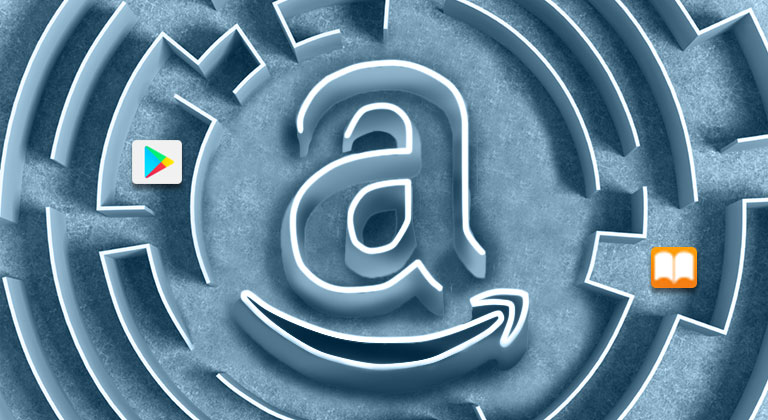


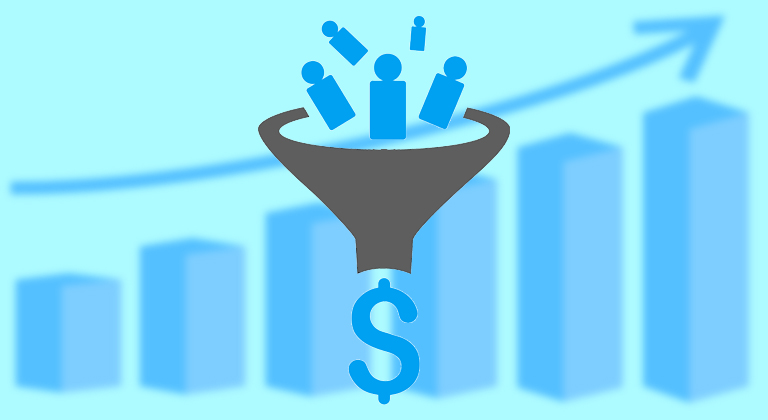
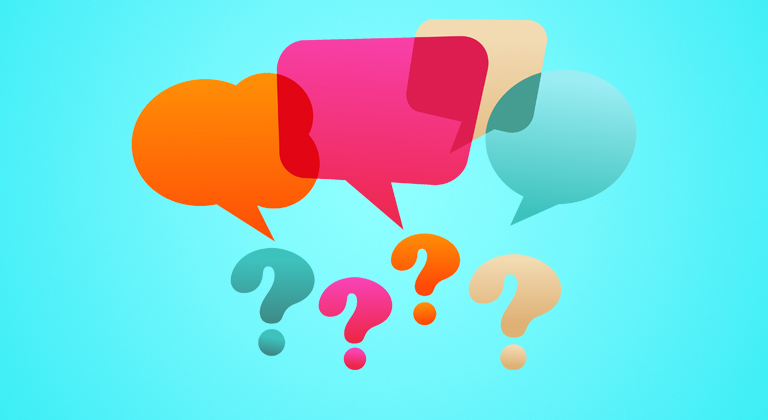

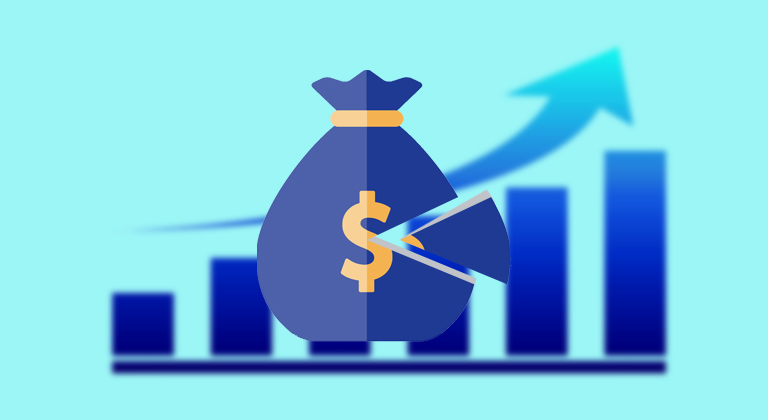
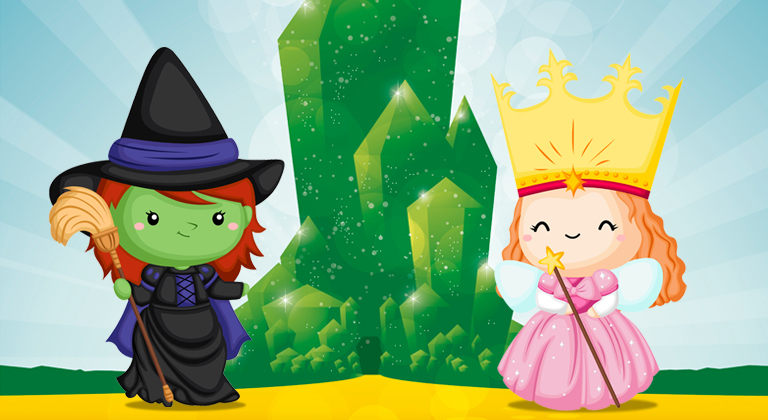
3 Comments